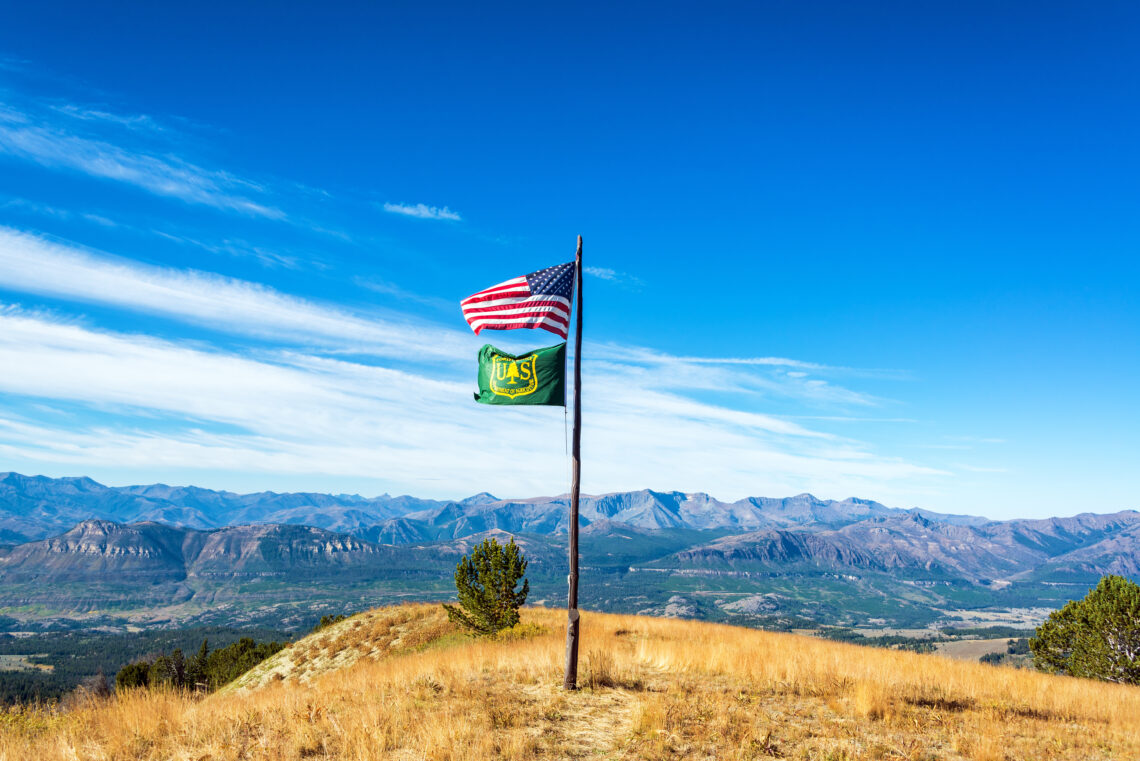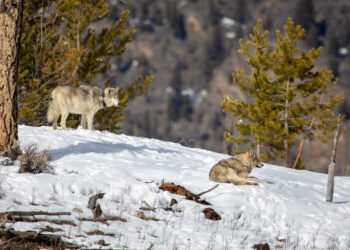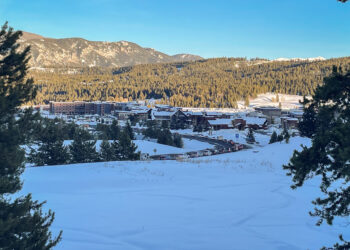By Riva Duncan WRITERS ON THE RANGE

The stories are heartbreaking. US Forest Service, National Park Service and other federal workers—some of them within weeks of ending probationary periods—fired. And not for cause; these workers were just starting out on dreamed-of careers or taking on new responsibilities in agencies where they’d already been for years.
The Trump administration’s vaunted effort to “trim the fat” from the federal government and curb “waste and fraud” reveal one terrible—but not surprising—fact: The cost-cutters have no idea how government works or who does what in the federal workforce.
Probation doesn’t mean poor performers. It simply means that someone has only worked one or two years under authorities such as Veterans Recruitment Authority or Schedule A of a permanent job. Or it’s their first time in a supervisory position.
I worked for the Forest Service in forestry and then wildland fire for over 32 years before retiring in 2020. Because I’m now an advocate for firefighters, I’ve heard from many Forest Service workers who were suddenly fired by the Trump administration. I’ll tell you about two of them.
When he was 18, Cyrus Issari was hired to work with the Idaho Conservation Corps, building trail in the Sawtooth Mountains. He’d “found his passion,” he said, getting jobs as a temporary employee for the Bureau of Land Management and then the Forest Service. He cleared hazard trees with a chainsaw, cleaned campgrounds and also donned the Smokey Bear costume for public events. Best of all, he started fighting wildfires.
In 2022, Issari secured a permanent position—what he called his “dream job”—with a wilderness trail crew on New Mexico’s Gila National Forest. A few weeks ago, his entire eight-person trail crew was fired. Issari had been making $18.96 an hour.
“The land and people will suffer from (this) if nothing is done,” Issari told me.
Liz Crandall was fired last week from her field ranger position in Central Oregon. She started as a volunteer on the Umpqua National Forest in southwest Oregon in 2016, helping a botanist get rid of invasive weeds.
The recreation shop scooped her up and put her to work doing sign maintenance, improving trails and cleaning campgrounds. Hired into a temporary recreation position in 2018, she also received wildland fire training and assisted on numerous wildfires.
She moved on to work for Oregon’s Willamette National Forest in recreation and then, in 2023, secured her permanent position as a field ranger on the Deschutes National Forest.
“I have dedicated my career and life to the US Forest Service,” Crandall said. Her performance evaluations were rated “excellent,” which is why she was outraged by the wording of her termination:
“The Agency finds, based on your performance, that you have not demonstrated that your further employment in the Agency would be in the public interest.” Liz had been making $19.10 per hour.
There are common denominators in these stories, shared by the thousands (so far, 3,400 from the US Forest Service, 1,000 from the National Park Service, and 400 from the US Fish and Wildlife Service) of others who have been fired.
These folks love our public lands and have trained to do a variety of needed jobs. They feel a calling to serve the American taxpayers and countless visitors. They seek jobs that always pay more in sunsets than money.
Make no mistake, these hard-working and dedicated people aren’t the fat, they are the muscle.
These firings will have ripple effects. They are your neighbors who pay rent or take on mortgages. They shop in the local grocery stores and feed stores and coach basketball.
Many will have to move, and they will take their small, but meaningful, paychecks with them. They won’t be there to assist with search and rescue, to fight the wildfires that are becoming larger and more unpredictable, threatening the lives and livelihoods of countless Americans.
What can we do to support them? Show up for rallies. Write, or better yet call, your elected officials and tell them what effect these firings will have on you, your family, your business, your community. Be kind to those who are still working. Some were forced to fire the very people who never should have been let go.
There’s a big void to fill, now, and everyone needs to pitch in.
Riva Duncan is a contributor to Writers on the Range, writersontherange.org, an independent nonprofit dedicated to spurring lively conversation about Western issues. She is vice president of Grassroots Wildland Firefighters, grassrootswildlandfirefighters.com, and also works as an international consultant in emergency management.













